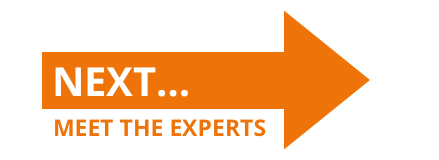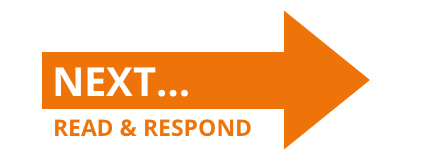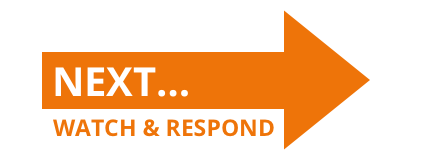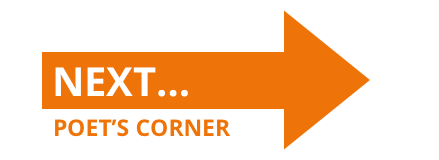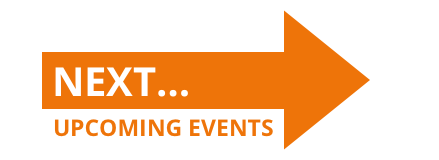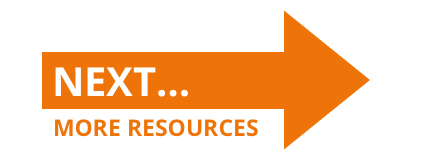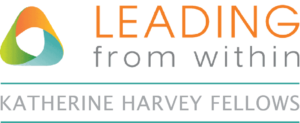
Module Nine – Evaluative Thinking
Hello Katherine Harvey Fellows!
I so look forward to our session about Evaluative Thinking. I am delighted to have the opportunity to engage with you at a time when you are purposefully developing the skills and mindsets that you will use as social sector leaders. I hope that you will come to feel as I do: that evaluative thinking is a critical lens to apply when considering the complex issues facing our communities, and that the tools that support evaluative thinking can be incredibly useful for developing effective social sector efforts.
Jim and I have provided some readings that will introduce you to tools and processes that support evaluative thinking (and therefore that support leaders in making informed decisions in preparation for action). Specifically, the readings will introduce you to the cycle of evaluation, theory of change, and logic models. When we meet in person, we will engage in an experiential learning activity that will allow you to practice applying these tools: we will work as a group to clarify program strategy and intended outcomes, and to identify implications and questions that emerge from this process.
We anticipate that this process will allow you to collectively experience the value of evaluative thinking: you will have the opportunity to consider how and why the program is intended to effect change, pose thoughtful questions that support effective development of this social sector effort and take perspectives that guide you in understanding the broader context within which stakeholders must make decisions.
I look forward to our time together!
Best,
Lisa
Lisa Bass
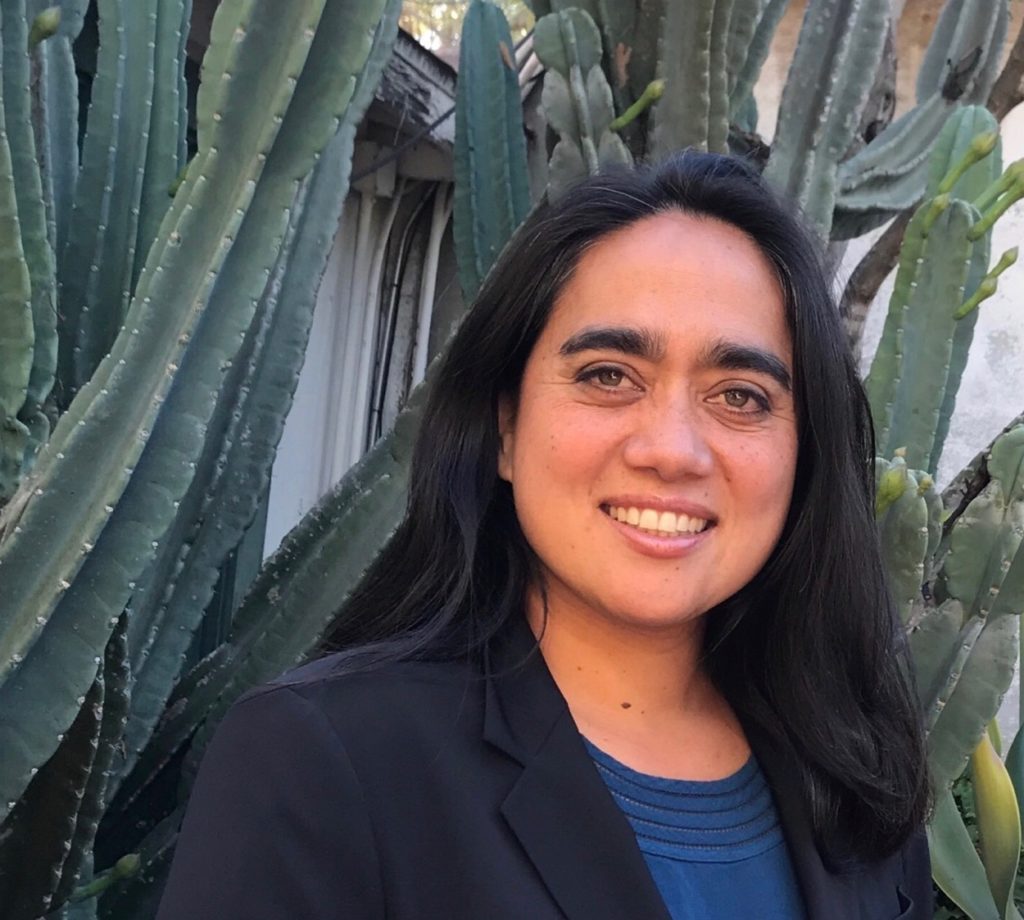
Lisa Bass helps social sector leaders achieve greater impact. She is a skilled consultant who is passionate about using evaluation, capacity building, and planning to help clients:
- Answer critical questions
- Make informed, strategic, decisions
- Develop innovative and effective initiatives, programs and services
Lisa combines her formal training in program evaluation and policy with over 20 years experience serving in the social sector as a consultant, trainer, program manager, board member, and volunteer. She has conducted a range of evaluation and planning projects in the areas of leadership development, network development, health, education, and youth development.
Lisa is based in Santa Barbara where she has conducted several local projects including working with Leading From Within to conduct evaluations and guide strategic learning about leadership development and network cultivation.
Lisa’s approach is collaborative and flexible; she works closely with clients to ensure that projects are responsive to their needs and goals. She uses rigorous research and planning methods while emphasizing practical implementation and user-friendly deliverables. Lisa adheres to the principles of systematic inquiry, integrity and honesty, competence, respect for people, and responsibilities for general and public welfare; guiding principles of the American Evaluation Association.
Lisa was awarded a Fulbright Fellowship in Public Health, a Kennedy Fellowship in Public Policy and a Woodrow Wilson Fellowship in Public Policy. She earned her Master’s in Public Policy from Harvard Kennedy School at Harvard University.
READ: Cycle of Evaluation
The Cycle of Evaluation handout summarizes the steps one would take to undergo a formal evaluation of a program or initiative.
RESPOND
- To what extent does this process look similar to processes you go through to make informed decisions in your professional life or personal life?
- How is it different?
- What are examples?
READ: Theory of Change
Mapping Change, Using a Theory of Change to Guide Planning and Evaluation introduces you to theories of Change and Logic Models and shows how use of these tools can support disciplined thinking and planning in relation to social sector programs and initiatives.
RESPOND
When we meet on September 17, we will have a short time to build a logic model for Katherine Harvey Fellows. In preparation for this, consider:
- Who is the target audience for Katherine Harvey Fellows?
- How do you expect individuals to be changed by participating in Katherine Harvey Fellows? What changes in knowledge, behavior, relationships, activities or actions does KHF aim to bring about?
- What if any, are other results that you anticipate resulting from the Katherine Harvey Fellows program? For example, what might changes might occur in social sector organizations when Katherine Harvey Fellows go on to apply what they have learned in the program? To organizations for which Katherine Harvey Fellows work? To the communities in Santa Barbara County?
- How does Katherine Harvey Fellows bring about the intended change?
- Why do we believe these activities will bring about this change?
- What factors might impact whether individuals, organizations or communities experience the intended change?
Poet’s Corner
“A Contribution to Statistics”
by Wislawa Szymborska
Out of a hundred people
those who always know better
— fifty-two
doubting every step
— nearly all the rest,
glad to lend a hand
if it doesn’t take too long
— as high as forty-nine,
always good
because they can’t be otherwise
— four, well maybe five,
able to admire without envy
— eighteen,
suffering illusions
induced by fleeting youth
— sixty, give or take a few,
not to be taken lightly
— forty and four,
living in constant fear
of someone or something
— seventy-seven,
capable of happiness
— twenty-something tops,
harmless singly, savage in crowds
— half at least,
cruel
when forced by circumstances
— better not to know
even ballpark figures,
wise after the fact
— just a couple more
than wise before it,
taking only things from life
— thirty
(I wish I were wrong),
hunched in pain,
no flashlight in the dark
— eighty-three
sooner or later,
righteous
— thirty-five, which is a lot,
righteous
and understanding
— three,
worthy of compassion
— ninety-nine,
mortal
— a hundred out of a hundred.
Thus far this figure still remains unchanged.

